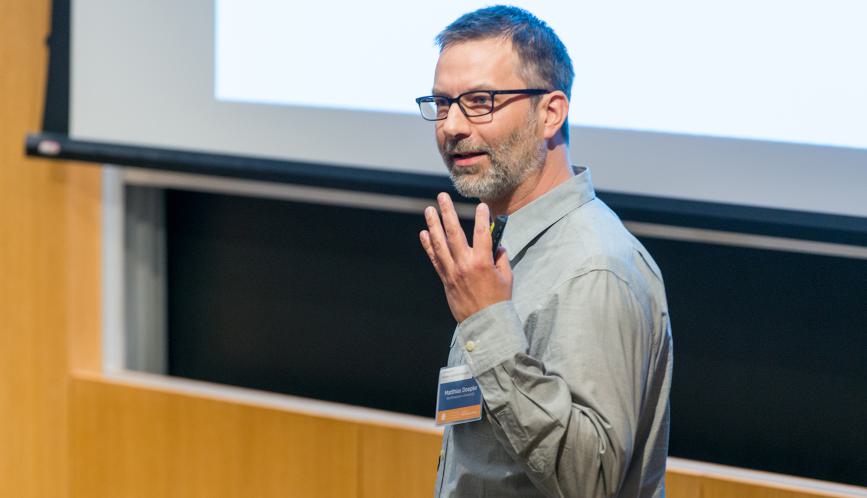Markets network Matthias Doepke is Professor of Economics at Northwestern University. His research interests include economic growth and development, political economy, and monetary economics. Recently, he has worked on theories of demographic change, family economics, the role of political and cultural change in economic development, and redistributional effects of inflation. He is a research associate of the National Bureau of Economic Research, editor of the Review of Economic Dynamics, and an associate editor of the American Economic Review. His book "Love, Money, and Parenting: How Economics Explains the Way We Raise Our Kids," co-authored with Fabrizio Zilibotti, was published in 2019 by Princeton University Press.
Describe your area of study and how it relates to current policy discussions surrounding inequality.
My main research field is “family macroeconomics,” the area where family economics and macroeconomics intersect. Even though in a narrow sense these fields are at the opposite ends of a scale, with family economics focusing on the interactions of a few closely connected people and macroeconomics being concerned with millions of economic actors in an entire economy, there are important connections between them. Family decisions on issues such as fertility and education have macroeconomic consequences, and macroeconomics conditions, in turn, have a lot of influence on what families do.
One place where we can see these linkages clearly is in the economics of parenting, which is a major focus of my recent work with Fabrizio Zilibotti of Yale University. In our book “Love, Money, and Parenting: How Economics Explains the Way We Raise Our Kids,” we show that macroeconomic inequality is a key driver of parenting decisions. In times and places where inequality is low, parents relax and adopt more permissive parenting styles. In contrast, high inequality goes along with more involved and time-intensive parenting.
Conversely, parenting decisions feed back into the evolution of inequality. We observe that highly unequal economies also have large “parenting gaps” between richer and poorer families, implying that children from different backgrounds do not always have the same opportunities. Such parenting gaps reinforce inequality in the next generation and put social mobility at risk.
What areas in the study of inequality are most in need of new research?
The determinants of parenting gaps are one example. Rising inequality in parenting is now well documented and we have some understanding of the root causes, but a lot of work needs to be done to understand policy options to push back against the trend toward unequal parenting. Another example is the role of peer and neighborhood effects and the determinants of segregation. We know that peer effects are very important in child development. The recent trend towards higher inequality has been accompanied by an increase in residential segregation by income, which means that children from richer and poorer backgrounds now also face increasingly unequal environments in terms of their peers. More work is needed to understand the economic determinants of residential choice, school choice, and the composition of peer groups more generally.
What advice do you have for emerging scholars in your field?
Peers matter not just for children, but also for scholars! Economic research is a collaborative enterprise; most of what I know today I have learned from working with my coauthors and students. For this reason, developing productive research partnerships with other scholars is a key step early in the career.



